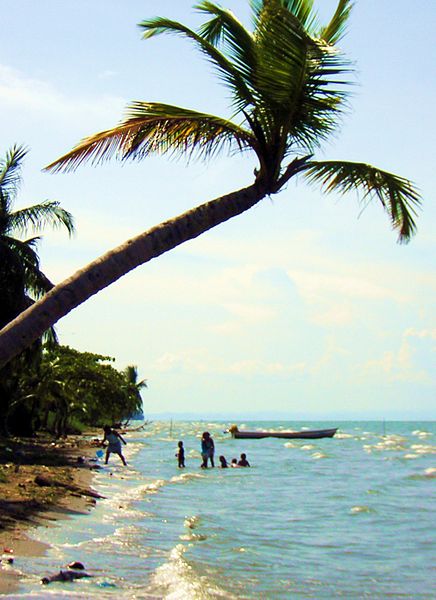
(Wikimedia Commons)
It’s amusing to see Jarom, whose single-chapter book provides today’s reading, indicate that he won’t have much to say because, really, everything that needed to be said has already been said. (See verse two.)
It seems, though, that a few things did remain to be written, since not only most of the Book of Mormon was composed after Jarom’s time, but also some of the Old Testament, all of the New Testament, and the Doctrine and Covenants.
In Jarom, as in other figures of the Book of Mormon, we see real people, with their quirks, unique personalities, and, sometimes, defects and limitations.
Many years ago, my wife and I came to know a Nisei (that is, Japanese-American) woman who was, with us, a member of the Mormon branch in Cairo, Egypt. She had served a Japanese-speaking mission in Hawaii early in life and had been interned with her family during the Second World War. Now deceased, she never married but had joined the U.S. diplomatic service, where she eventually became the secretary to American ambassadors in various postings. She recalled, among other things, huddling with the ambassador on the floor of his office in Kabul as bullets flew during the Soviet-backed coup that led, eventually, to Russia’s invasion of Afghanistan.
“Wow,” I remember saying. “You must have a fabulous personal history written up, or a great journal.”
“No,” she replied. “I’m boring. Nothing interesting has ever happened to me.”
Jarom, too, seems to have undervalued what he might have contributed. But I’m sure that he was a good man, faithful to the Lord, and I’m grateful for what he did and what he gave us.
Go thou, though, and do not likewise. Don’t hold back because you imagine that you have nothing to contribute.
Posted from Monterey, California











